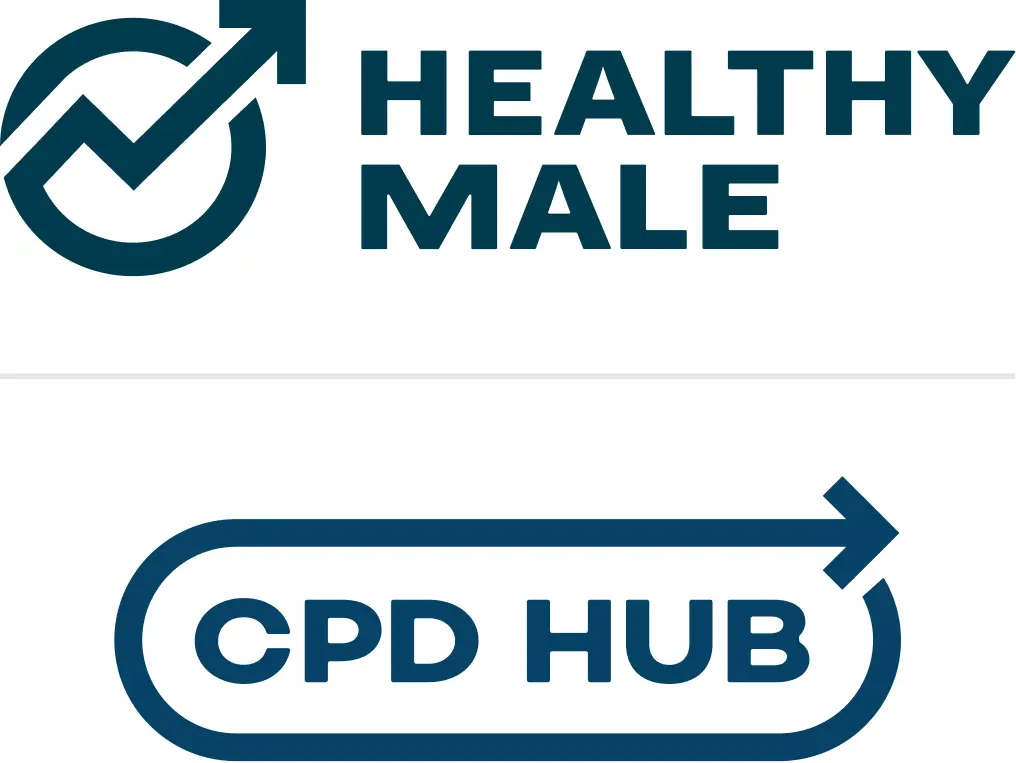PODCAST: Engaging Australian males in healthy lifestyles
About the podcast
Chronic disease is underpinned by lifestyle and health behaviour choices across the life course. Listen in as we discuss the impact of health behaviours on Australian males and the strategies you can adopt to better support males to improve their health and wellbeing.
Health improvements through daily choices
Men have the power to influence their health and quality of life through their daily choices and behaviours. By adopting a proactive approach to wellbeing, they can reduce the risk of developing chronic disease and age well. Healthy habits, when combined with regular medical check-ups, can help ensure they live a longer, healthier and more fulfilling life.
Supporting patients to embrace healthy behaviours is not only an important investment in a person’s wellbeing, but also a way to inspire future generations to do the same.
Behaviours with significant health impacts for males
The way men choose to live their lives, including their daily habits and lifestyle choices, play a crucial role in determining their health outcomes as they age. Here are some key health behaviours that can significantly impact the ageing process and the development of chronic diseases:
-
Regular Exercise: Engaging in a variety of regular physical activities including both aerobic and resistance activities can help maintain muscle mass, bone density and cardiovascular health. Exercise has multiple health benefits both physical and psychological.
-
Healthy Diet: For many Australian men optimal health can be achieved by eliminating processed foods and focusing on fresh whole foods, eating three meals at roughly the same time each day, not eating after dark and avoiding alcohol.
-
Alcohol Use: Although it is a choice to use on an occasional basis, there is no safe threshold of alcohol consumption.
-
Stress Management: Chronic stress can contribute to a range of health issues. Learning stress management techniques such as meditation, yoga or mindfulness can be beneficial.
-
Regular Check-Ups: Routine health screenings and check-ups are critical for detecting and managing chronic diseases early, when they are more treatable.
-
Adequate Sleep: Quality sleep is essential for overall health and can improve cognitive function, mood and immune function. Underlying sleep disorders such as obstructive sleep apnoea are prevalent in men and need to be detected and treated.
-
Social Connections: Maintaining social connections and engaging in activities that promote mental and emotional wellbeing can have a positive impact on health.
Practitioner resources
Engaging men in primary healthcare services | Healthy Male
How to help patients struggling with loneliness | Healthy Male
Australian Males and Loneliness | Medcast
A quick health check - your waist circumference — Freemasons Centre for Male Health & Wellbeing
Patient resources
Ask the Doc: Does drinking affect my memory? | Healthy Male
Ask the Doc: Can stress lead to high blood pressure? (and what can be done about it?) | Healthy Male
How to build a better relationship with alcohol | Healthy Male
Why, how and when men should have regular health check-ups | Healthy Male
The what, why and how of exercise for men | Healthy Male
What men need to know about gut health | Healthy Male
Podcast Partner
This podcast is bought to you by Healthy Male. Additional learning resources including webinars, online learning modules and blogs can be viewed here.


Gary Wittert is a graduate of the University of the Witwatersrand in Johannesburg South Africa. He trained as an Endocrinologist in Christchurch, New Zealand followed by postdoctoral training at Boston Children’s Hospital and Oregon Health Sciences University. He is currently Professor of Medicine and Director of the Freemasons Centre for Male Health and Wellbeing, University of Adelaide and South Australian Health and Medical Research Institute (SAHMRI), Senior Consultant Endocrinologist Royal Adelaide Hospital, and Senior Principal Research Fellow at SAHMRI. He is a Fellow of the Australian Academy of Health and Medical Sciences. His research relating to obesity and chronic disease, funded by NHMRC, ARC, NHF, and the Freemasons Foundation, has generated over 450 research publications, book chapters and expert reports.
Become a member and get unlimited access to 100s of hours of premium education.
Learn moreExplore the PRECISE project and how genomics is shaping general practice, with insights on reproductive screening, general genetic testing, and practical tools to support GPs in everyday care.
While the “gold standard” is clear, real-world pressures can put surgical safety to the test. A packed surgical list, a late patient arrival, and a surgeon asking to “hurry up” can all create the temptation to cut corners. Time pressure is one of the biggest threats to safety culture.
The Huddle is your space to pause, reflect and grow as a nurse. Whether you’re on your commute, in the tea room, or walking the dog, each episode is designed to bring you practical insights, clinical reasoning tips, and stories from the frontline of nursing.

